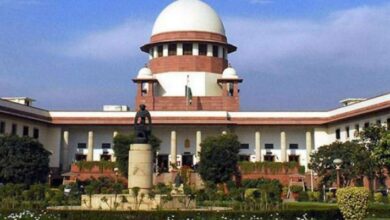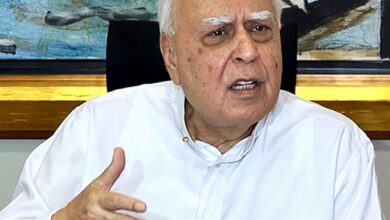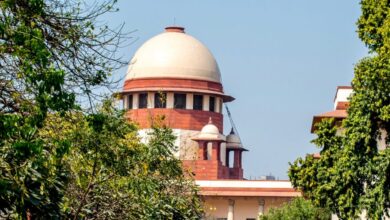Celebrities and influencers equally responsible for deceptive advertisements says SC
The court also sent a notice to the president of the Indian Medical Association regarding remarks he made during an interview last month, while the case was still under consideration
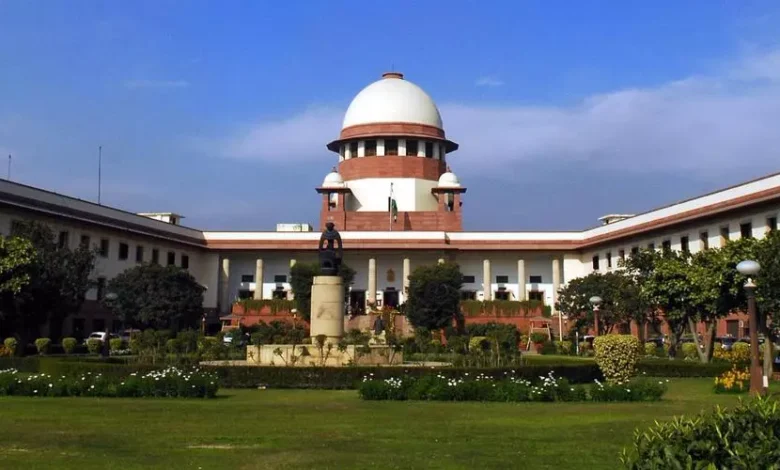
The Supreme Court has firmly stated that celebrities and social media influencers can be held responsible if the ads they appear in are misleading. This ruling marks a significant step in regulating deceptive advertisements and ensuring accountability among endorsers. They are equally accountable if the commercials for products or services they endorse turn out to be deceptive.
SC Emphasizes Responsibility in Deceptive Advertisements
The court highlighted that advertisers and endorsers, such as celebrities and influencers, share a collective duty to ensure the truthfulness of ads. The bench specifically stressed that celebrities and social media influencers bear equal accountability for Deceptive advertisements they are associated with.
A bench consisting of Justices Hima Kohli and Ahsanuddin Amanullah said “Endorsements by public figures, influencers, celebrities etc. go a long way in promoting a product and it is imperative for them to act with responsibility when endorsing any product in the course of advertisements.”
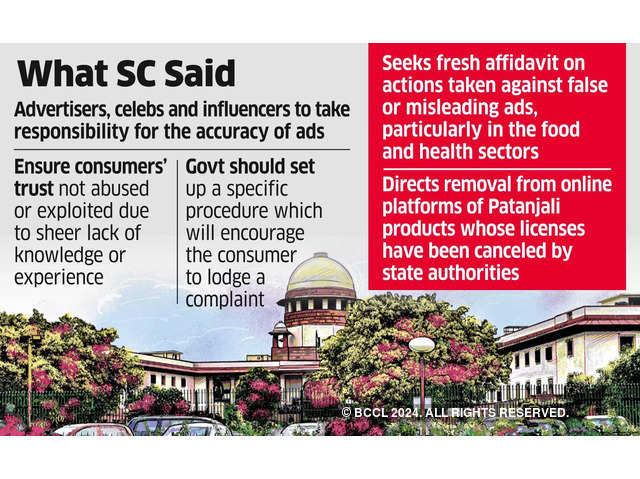
Guideline 13: Ensuring Endorser Responsibility
During Tuesday’s hearing in the case, Justices Hima Kohli and A Amanullah referred to the Guidelines for Prevention of Deceptive Advertisements and Endorsements for Misleading Advertisements, 2022. They highlighted that Guideline 13 mandates endorsers to have sufficient knowledge or experience about the product or service they endorse to avoid deception.The bench added, “The provisions are meant to serve the consumers and ensure that the consumer is made aware of the kind of product being purchased from the market, particularly in the health and food sectors.”
During the proceedings of the Patanjali Ayurved Deceptive advertisements case, where the court had already reprimanded the Indian Medical Association earlier, the court stressed on the need for ministries to establish effective procedures that encourage consumers to file complaints and ensure those complaints are properly addressed, rather than just being acknowledged.
Mandating Compliance for Advertisements
Until the ministries establish such procedures, the court mandated that broadcasters must submit a self-declaration form confirming their advertisements’ compliance with the applicable regulations. They specified that TV broadcasters can submit this declaration on the Broadcast Sewa portal and directed the creation of a similar portal for print media within four weeks.
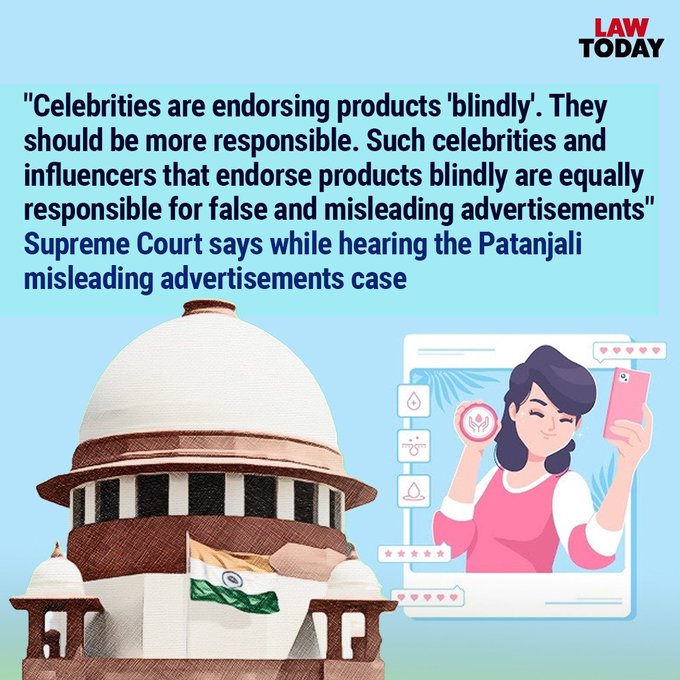
The two judge bench quoted “As a remedy, we deem it appropriate to direct that a self-declaration be obtained before an advertisement is permitted. Self-declaration is to be obtained for advertisement on the lines of the 1994 Cable TV Network Rules, Advertising Code et cetera, we don’t want a lot of red tape. We don’t want to make it difficult for advertisers to advertise. We only want to make sure there is responsibility.”
The court also sent a notice to the president of the Indian Medical Association regarding remarks he made during an interview last month, while the case was still under consideration. RV Asokan expressed dissatisfaction with the Supreme Court’s critique of the IMA and private doctors, implying that unclear remarks from the bench had a detrimental impact on their morale. He has been given until May 14 to submit a response, as the court plans to continue the case’s hearing on that day.
You might also be interested in – Baba Ramdev, Acharya Balkrishna offer unconditional apology to Supreme Court for deceptive advertisements
